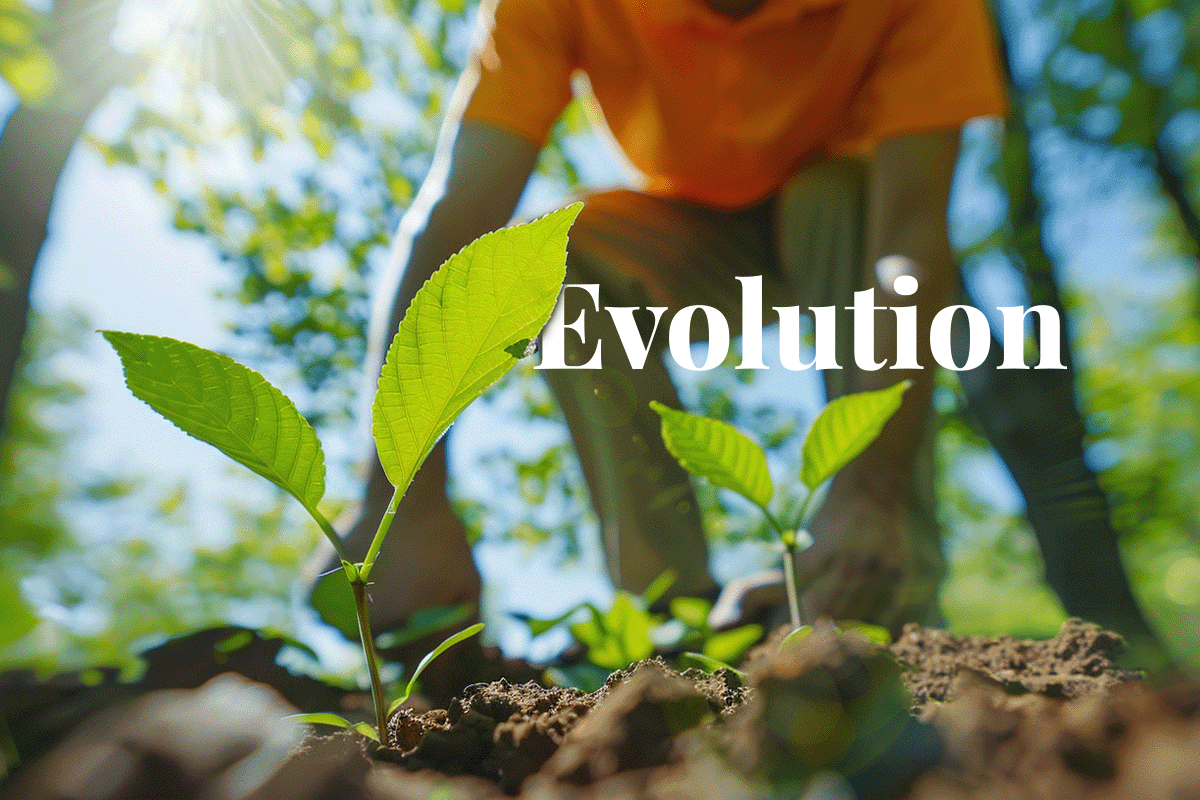In an era where environmental sustainability is paramount, the voluntary (verified) carbon market (VCM) is demonstrating robust growth, defying the broader economic slowdown. This burgeoning sector is moving beyond merely reducing emissions, marking a significant evolution in the efforts for nature conservation. A comprehensive report by BCG, in collaboration with Shell, sheds light on this shift, highlighting the critical role of external oversight and the increasing emphasis on rigorous monitoring, reporting, and verification (MRV) frameworks in guiding purchase decisions.
 View from below of tree seedlings in a forest and a man in the background. AI generated picture.
View from below of tree seedlings in a forest and a man in the background. AI generated picture.
2021 witnessed a remarkable surge in the market's value, reaching $2 billion—a quadruple increase from the previous year. This momentum is anticipated to continue, with projections suggesting a potential expansion to between $10 billion and $40 billion by 2030. The allure of carbon credits (carbon units) as a tool for companies to neutralise their carbon emissions has never been stronger, driven by a collective endeavour towards achieving net-zero emissions.
The report's insights, drawn from a global survey of over 200 environmental and sustainability executives, underscore a unanimous belief in the non-discretionary nature of carbon credit expenditures amidst economic adversities. The demand for credits, especially those derived from nature-based solutions, is expected to surpass supply soon, indicating a market at the cusp of a supply-demand imbalance.
Read more: Bullish growth projections in the carbon market
The influence of authoritative bodies such as the Science Based Targets initiative (SBTi) and the Voluntary Carbon Markets Integrity Initiative (VCMI) is growing, guiding market trends and ensuring the credibility of carbon offsetting efforts. Over 90% of buyers prioritise a robust MRV framework, seeking to substantiate the impact of their investments and mitigate accusations of greenwashing.
The landscape is gradually tilting towards removal credits, recognised for their tangible environmental benefits. Despite their higher costs, these credits are becoming a preferred choice for many, pointing towards a significant market shift by 2030. Yet, the clarity around the implications of Article 6 of the Paris Agreement remains limited, indicating a need for further clarity on international credit sourcing and the prevention of double counting.
Read more: How natural climate solutions can help meet the Paris Agreement’s goals
The balance between avoidance and removal credits is a topic of ongoing debate. With avoidance credits making up the bulk of the current supply, there's a growing consensus on the necessity of both types of credits to ensure a comprehensive approach to carbon offsetting. The quality and verifiability of these credits remain paramount as the market matures, emphasising the need for a holistic strategy that complements emission reduction efforts with effective offsetting measures.
The resilience and expansion of the VCM signal a collective commitment to environmental stewardship, even in uncertain times. It underscores the critical role of carbon offsets in the broader environmental strategy, advocating for a balanced approach that does not overlook the imperative of direct emissions reductions. As the market evolves, the focus on the quality, impact, and integrity of carbon credits will be crucial in realising the vision of a net-zero future.
DGB Group stands at the forefront of nature-based project development, leveraging the VCM to drive nature restoration efforts. Our expertise and the quality of our carbon units (carbon credits) place us in an ideal position for growth and impact. We offer the solution demanded by the market, providing verified, top-quality credits for carbon compensation. We operate worldwide nature-restoration initiatives, especially in Africa, where we focus on rejuvenating forests and revitalising degraded landscapes through reforestation. Our projects offer many environmental and socio-economic benefits in addition to carbon reduction, making them an attractive opportunity for those wanting to make an impact. We offer opportunities for individuals, investors, and organisations of all sizes to engage in the expanding carbon market, benefiting from nature-based solutions.
Discover the benefits of DGB’s carbon units



